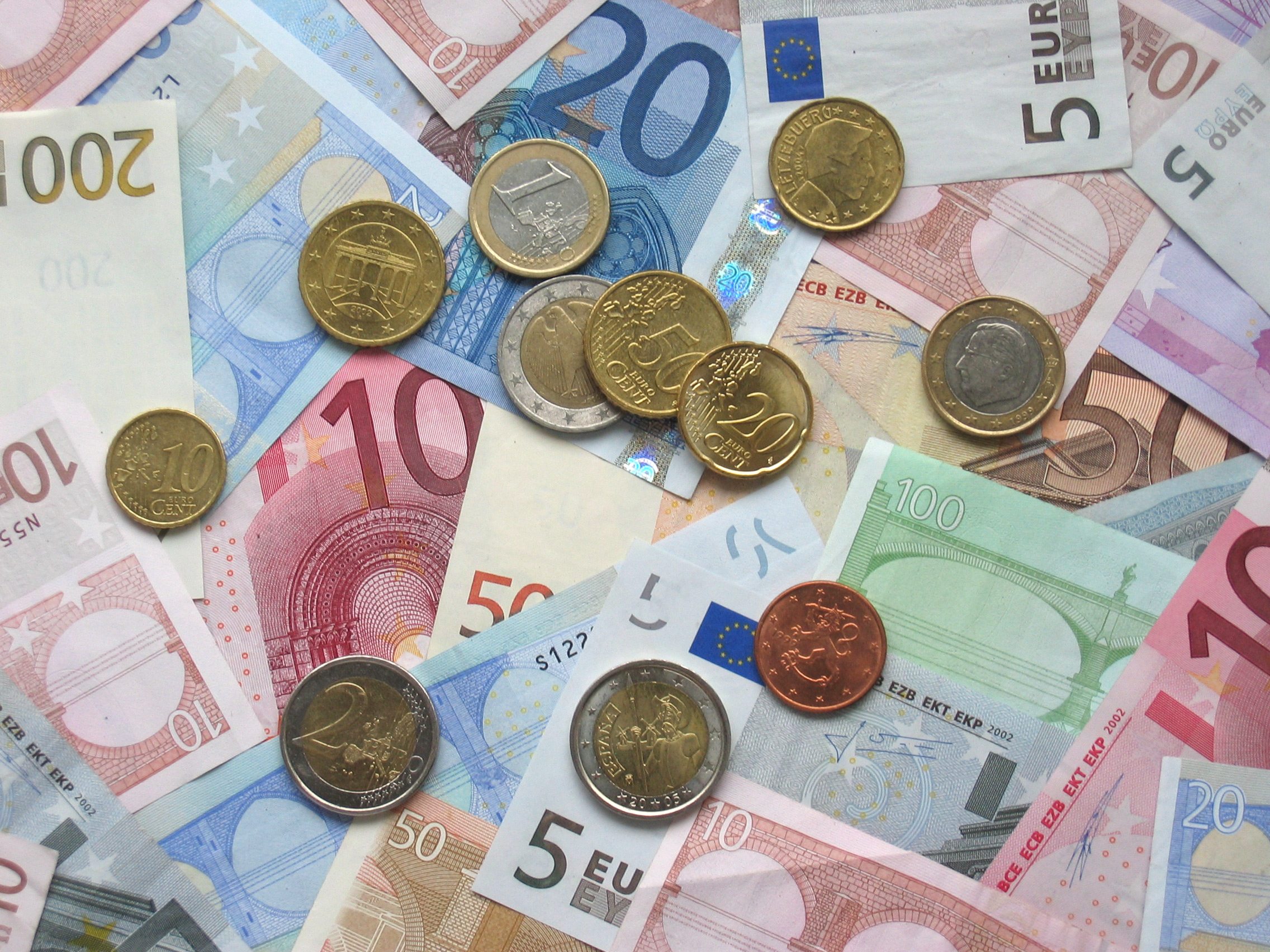The European Single Currency, Euro, dropped against a stronger dollar on Wednesday, February 7, on disappointment over reports that the leader of Germany’s Social Democrats (SPD), Martin Schulz, would not be taking over as finance minister for Europe’s biggest economy.
The euro, which had been trading higher on the day before the news, lost around 0.4 percent to trade at $1.2334 EUR=.
German Chancellor Angela Merkel’s conservatives and the SPD on Wednesday agreed to a coalition deal, taking the country closer to a new government after months of uncertainty that have unnerved allies and investors and investors alike.
But although reports suggest that the SPD is likely to take the finance ministry, some investors were disappointed that the current mayor of Hamburg, Olaf Scholz, was slated to head up the ministry, and not Schulz.
“There was speculation that Mr Schulz could be the next finance minister,” said DZ Bank currency strategist Soeren Hettler, in Frankfurt. “(In that scenario), Germany could be more flexible with regard to its financial situation and spend more money.”
“Now we have some uncertainty and have to wait until things are clear,” he added. “For the euro, this is the most important thing … The finance minister is the second-most important for the government.”
The dollar slipped back against the yen, handing back earlier gains, as investors remained cautious despite a recovery in stock markets, with many viewing the Japanese currency as undervalued.
A sharp decline in global share markets in recent days has had only a muted effect on the currency market, with traditional safe havens such as the yen and Swiss franc seeing only modest gains.
While most analysts believe this week’s heavy selloff across stock markets has run its course for the moment, allowing volatility to abate a little, the prospect of monetary tightening across the globe remains a challenge for the long term, and supported the yen against the U.S. currency.












